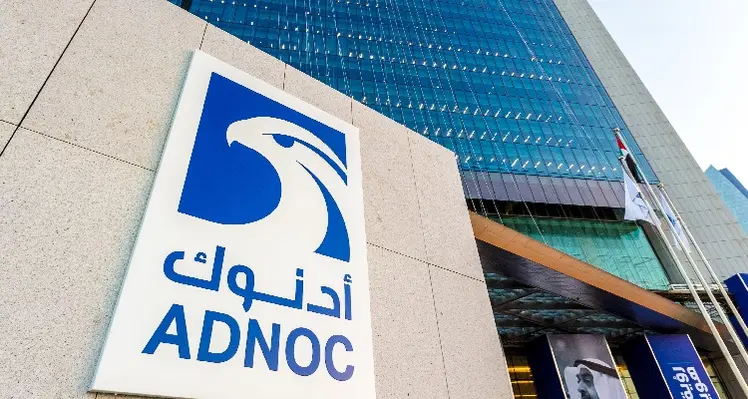ADNOC and global energy company Santos have signed a strategic collaboration agreement (SCA) for the potential development of a joint global carbon management platform to help its Asia-Pacific customers decarbonise, as well as for the advancement of carbon capture and storage (CCS) technologies worldwide
The parties will also explore the development of a carbon dioxide (CO2) shipping and transportation infrastructure network to enable heavy-emitting sectors capture, ship and permanently store CO2.
This agreement follows ADNOC’s recent agreements to explore CCS and direct air capture (DAC) projects in the UAE and internationally, and supports the company’s wider carbon management strategy. ADNOC’s Al Reyadah facility has the capacity to process 800,000 tonnes of CO₂ per year. The company recently announced one of the largest carbon capture projects in the Middle East and North Africa region at the Habshan facilities, and a carbon capture project at its Hail and Ghasha offshore development, taking its committed investment for carbon capture capacity to almost 4mtpa.
Musabbeh Al Kaabi, executive director, Low Carbon Solutions and International Growth, ADNOC, said: “ADNOC continues to build on its pioneering role in safely capturing and permanently storing carbon dioxide as we accelerate toward net zero by 2045 and target CCS capacity of 10mn tonnes per annum (mmtpa) by 2030. Through this partnership, ADNOC and Santos will work together aiming to scale-up the carbon management technologies of the future while leveraging our combined expertise and experience in safely transporting, capturing and storing carbon to help markets in the Asia-Pacific decarbonise.”
Alan Stuart-Grant, Energy Solutions executive vice president, Santos, said, “Large scale-up of CCS is required to meet the world’s climate objectives, and companies like Santos and ADNOC have the technology, infrastructure and knowledge to be able to deliver low-cost CCS and low-carbon energy competitively on a global scale. There is an enormous opportunity for traditional energy suppliers like Australia and the UAE to be at the forefront of helping regional decarbonisation through utilisation of our natural competitive advantages in carbon storage and energy supply chains. Through this collaboration, we will support the transition toward a low-carbon future that is both reliable and affordable.”










